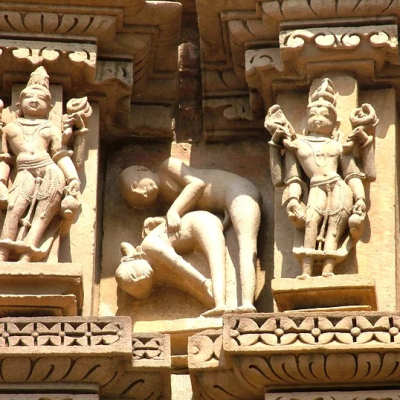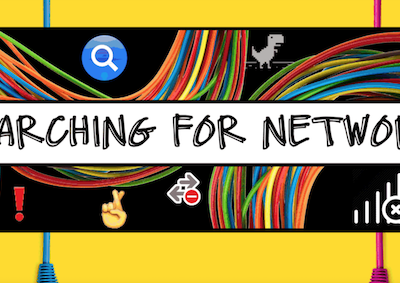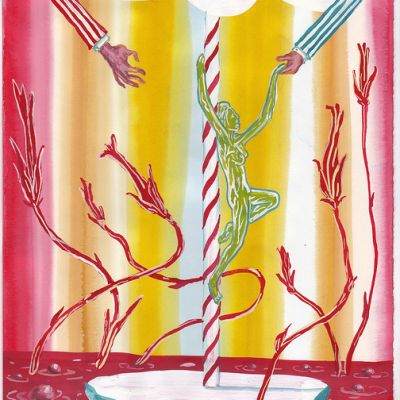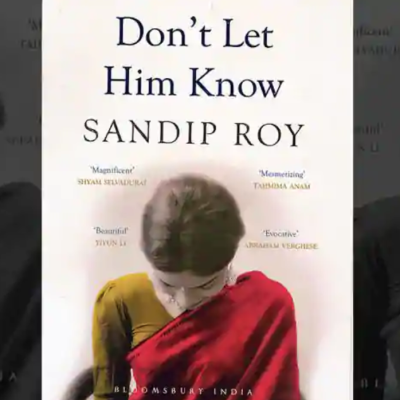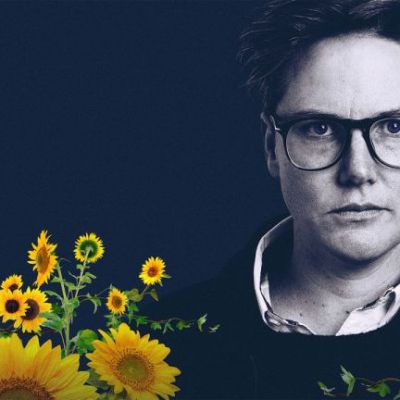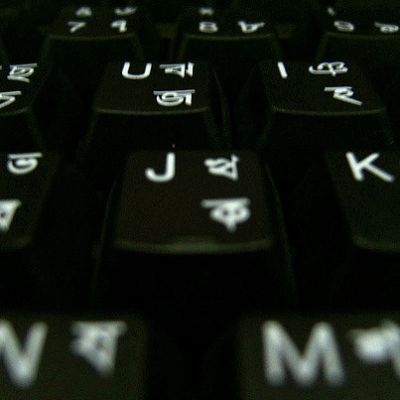queerness
We need to claim our spirituality differently and imaginatively. There are many paths to god. For some it might be religion, or science, or sex, or love, or meditation, or art.
People in the city move from their homes to their workplaces and back to their homes. The production of this everyday rhythm of the city makes people accustomed to the sexual overtones that come with it.
Thus, you take to the Internet, with its vast landscape of possibilities, and it becomes your means of finding queer solidarity, queer friendships, and even queer love.
Roland Barthes writes in A Lover’s Discourse that we begin to think of ‘love’ as an idea only when our beloved or the object of desire has departed – either when love has failed, or in the absence of the lover – that is absolutely crucial to any theorisation of love.
For them there is always a smile, and for them time has stood through. Memories are edged in the season of those years in which I met them.
We might need, therefore, to uncouple sexuality from intimacy because they do not necessarily belong together. Intimacy points to the comfort of knowledge while sexuality often shatters what knowledge we think we have.
What I can say is that I tried to be the best lover for a woman, and I am much obliged to the girls I dated then for trying with me.
Using silent actions and secret fulfillment of what society considers as sin and the law condemns as illegal, the text offers an example of the silence of resistance.
I could have called it transformation instead of transitioning. But it became clear to me that transitioning does not necessarily imply a caterpillar-butterfly story but that it means a gradual acceptance of the self (and the self is ever-transitioning); of being comfortable in your own skin (even if it means shedding skin); of perfecting your act (even if it means learning a few new things).
To think of sexuality as performative disrupts the need for stable categories and identities, instead suggesting that we all reinforce and disrupt normative formations as we attempt to inhabit the world in messy ways.
In Nanette, Hannah Gadsby’s hour-long Netflix special that transcends the very notions of stand-up comedy, forces of reclamation, protest, and rage culminate to form a darkly hilarious but heartbreaking diatribe against patriarchy, heteronormativity, violence and marginalisation.
Many queer Indians who converse largely in their respective regional languages find it difficult to put a name to their queer identity in their ‘mother tongue’.
Advancing the most penetrative and succinct theory of caste, Dr. B. R. Ambedkar had this to say in 1916 when…
By Anonymous for Cake: A while back, when I was toying with the idea of coming out to my parents…
Two of my most favourite disability-related public awareness projects in recent years have been the American Able project and Undressing…

